- Protein-Rich: Arhar/Toor Dal is a great source of plant-based protein, essential for muscle building and overall health.
- Fiber Content: The dal is rich in dietary fiber, promoting digestive health and supporting a healthy gut.
- Low Glycemic Index: Arhar/Toor Dal has a low glycemic index, making it a suitable option for those managing blood sugar levels.
- Rich in Nutrients: The dal is a good source of essential vitamins and minerals, including iron, potassium, and folate.
- Versatility: Arhar/Toor Dal is a versatile lentil that can be used to prepare a variety of dishes, such as dals, curries, and stews.
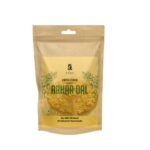
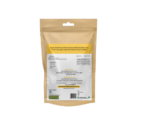
Recipe
Ingredients:
• Ingredients: Organic Arhar dal
• Shelf Life: 3 months
Highlighted Advantages– Non-GMO, All Natural, No Cholesterol, Protein Rich, Boosts health, Subject to Natural variation.
Cooking Instructions:
Organic dal is very easy to cook. The most delicious outcome can be obtained from this after soaking them in water for 2-3 hours prior to cooking.
Instructions to use- Keep it in air tight container jar, check if the seal is intact before use. Keep it in cool & dry place.
Allergens- This product contains Gluten, the product was processed in a facility that also process wheat, peanuts, mustard, soybean & sesame.
FAQ
Is unpolished tur dal good for health?
Yes, unpolished tur dal (pigeon pea) is good for health. Unpolished dal retains its outer husk, which is rich in dietary fiber, essential nutrients, and antioxidants. This makes it a healthier choice compared to polished dal, which has undergone a process that removes the husk and may result in nutrient loss.
What is the difference between unpolished and organic dal?
The difference between unpolished and organic dal lies in their respective characteristics. Unpolished dal refers to the dal that retains its outer husk, offering higher fiber content and better nutrient profile. On the other hand, organic dal refers to dal that is cultivated without the use of synthetic pesticides, chemicals, or genetically modified organisms (GMOs), following organic farming practices.
Which is better polished or unpolished dal?
Unpolished dal is generally considered better than polished dal due to its higher fiber content, which aids digestion and promotes bowel regularity. Polished dal, in contrast, has had its husk removed, which results in reduced fiber content and potential loss of nutrients during processing. Choosing unpolished dal can be a healthier option for overall well-being.
What is the benefits of organic toor dal?
Organic toor dal, when compared to conventionally grown dal, is produced without synthetic pesticides, chemicals, or GMOs. This reduces exposure to potentially harmful substances and promotes environmental sustainability. Organic farming practices also prioritize soil health and biodiversity conservation. However, from a nutritional standpoint, the benefits of organic toor dal may not significantly differ from conventionally grown toor dal.
How long to soak toor dal before cooking?
Toor dal typically requires soaking before cooking. It is recommended to soak toor dal for at least 2-3 hours prior to cooking. This helps soften the dal and reduce cooking time. However, if using a pressure cooker, soaking for 30 minutes can also be sufficient. Adjust the soaking time based on the desired texture and the specific recipe requirements.
Only logged in customers who have purchased this product may leave a review.
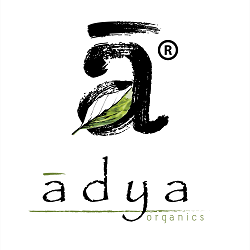
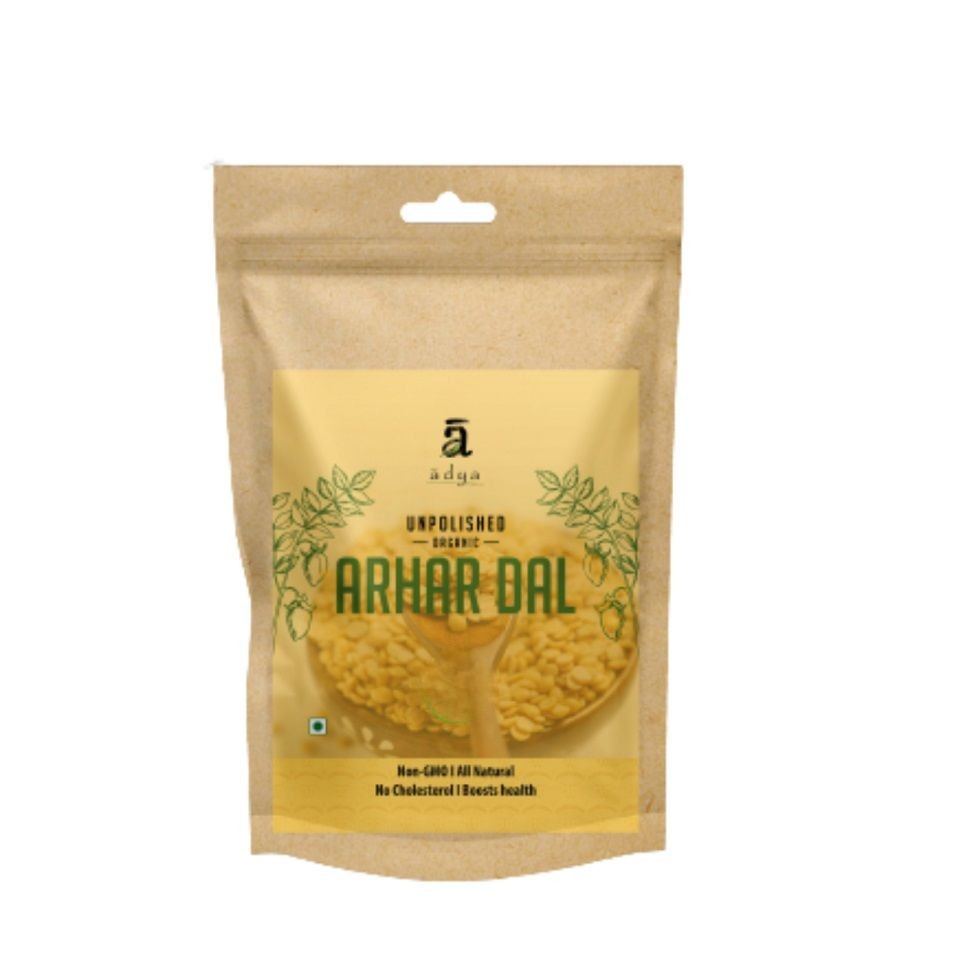
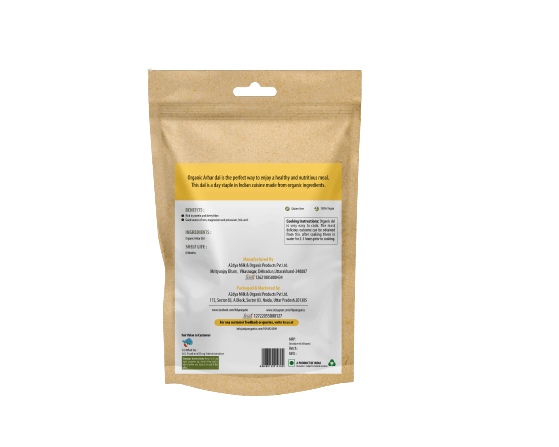

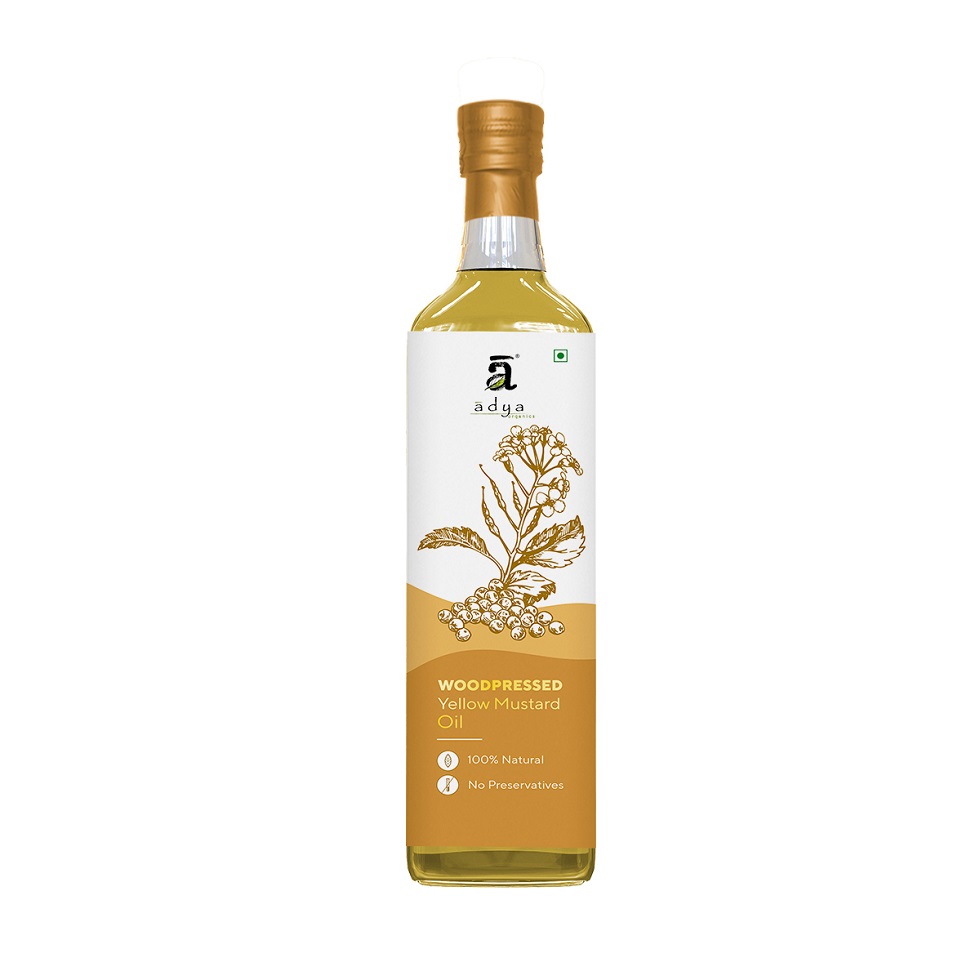
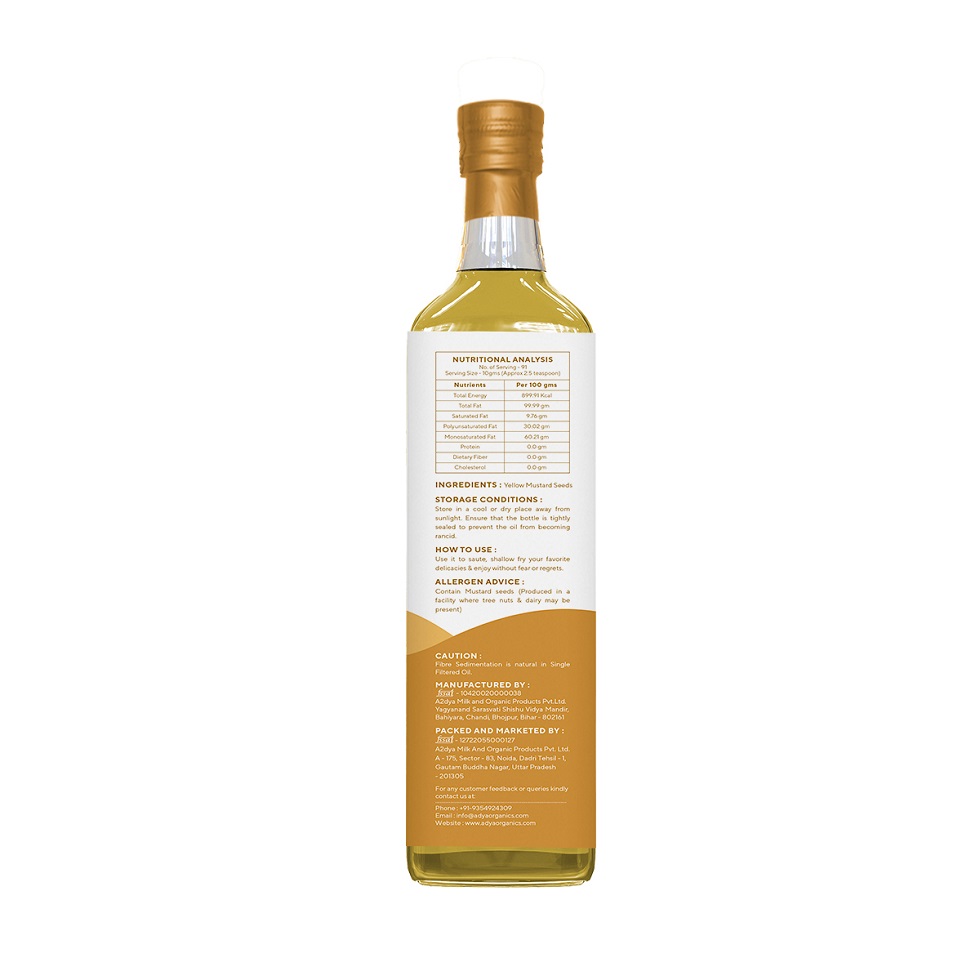
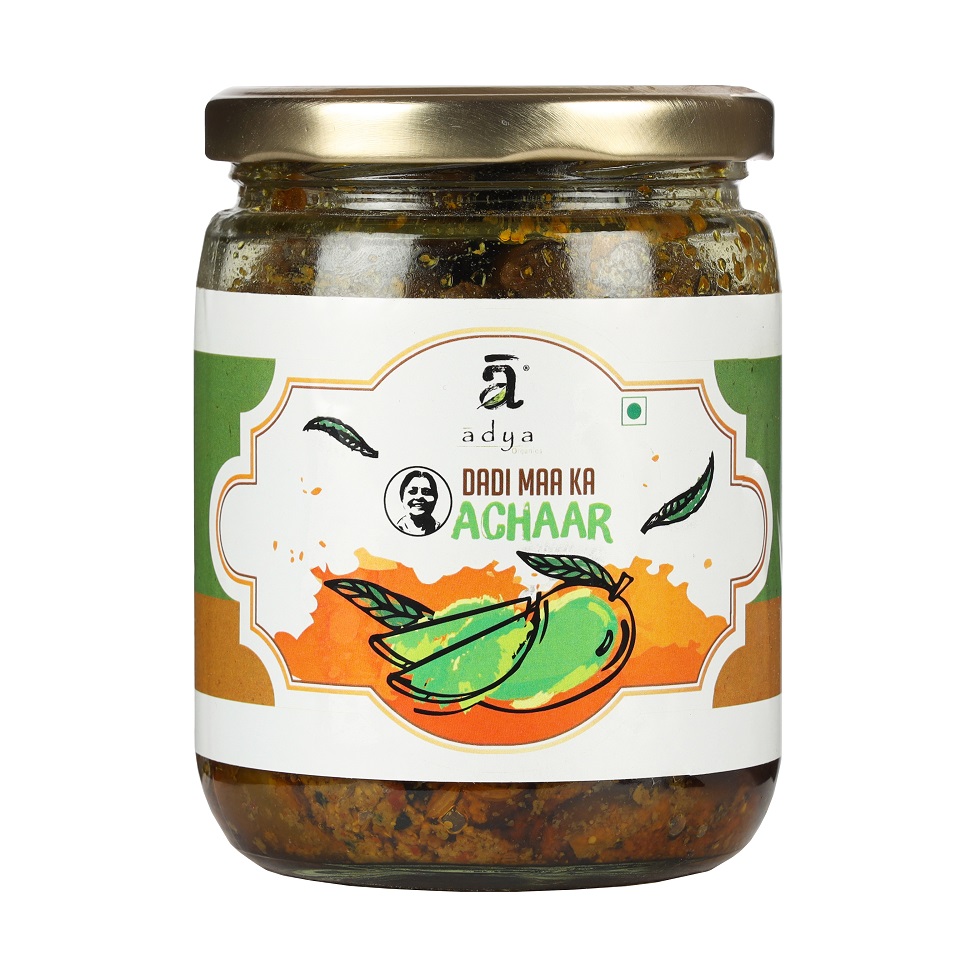
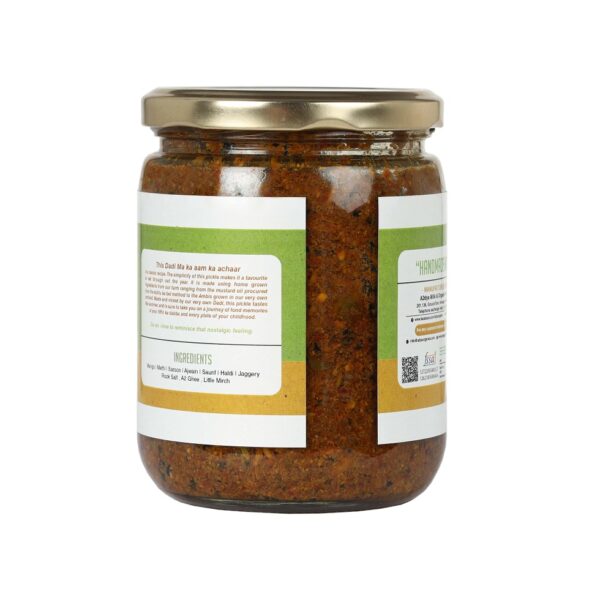
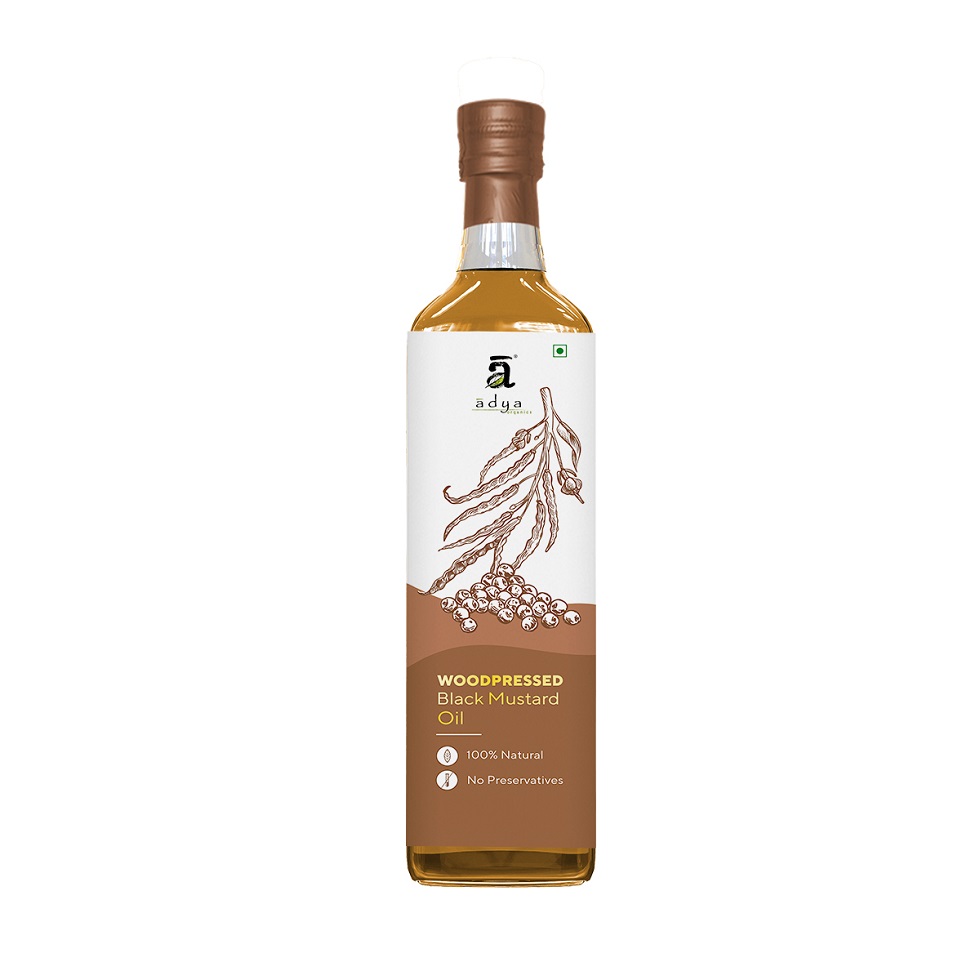
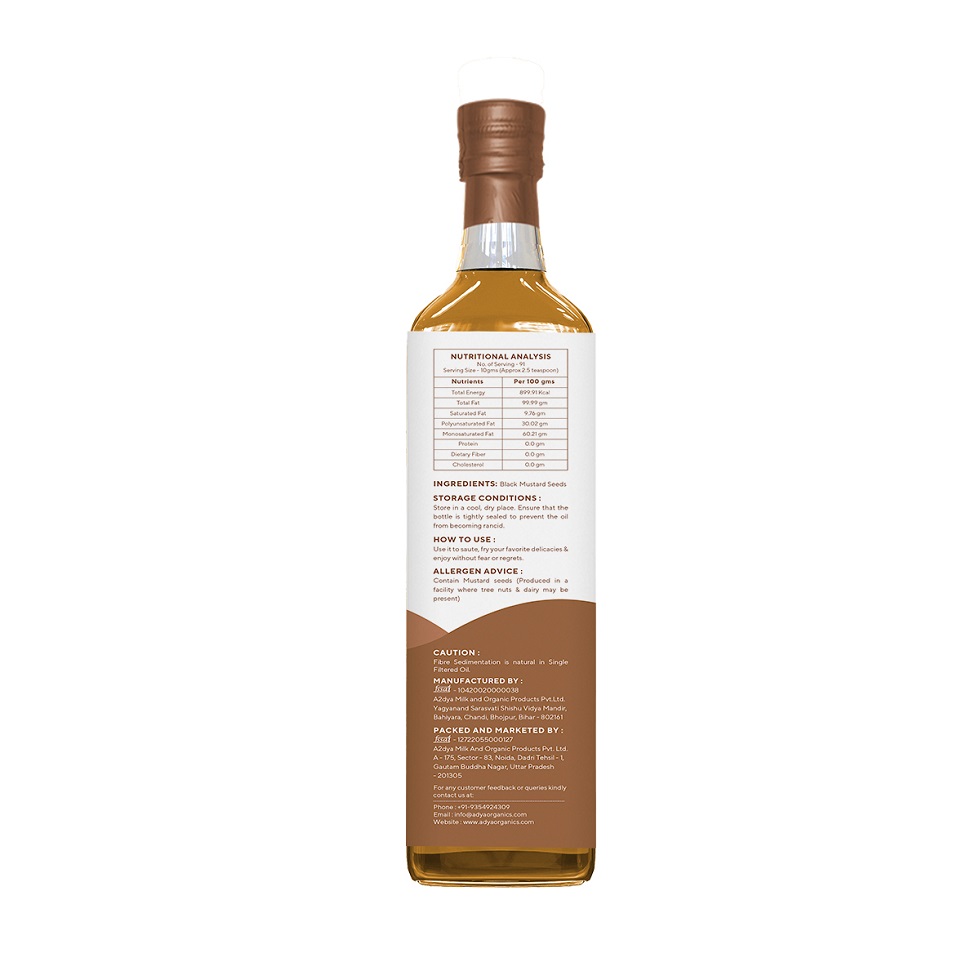

Reviews
There are no reviews yet.